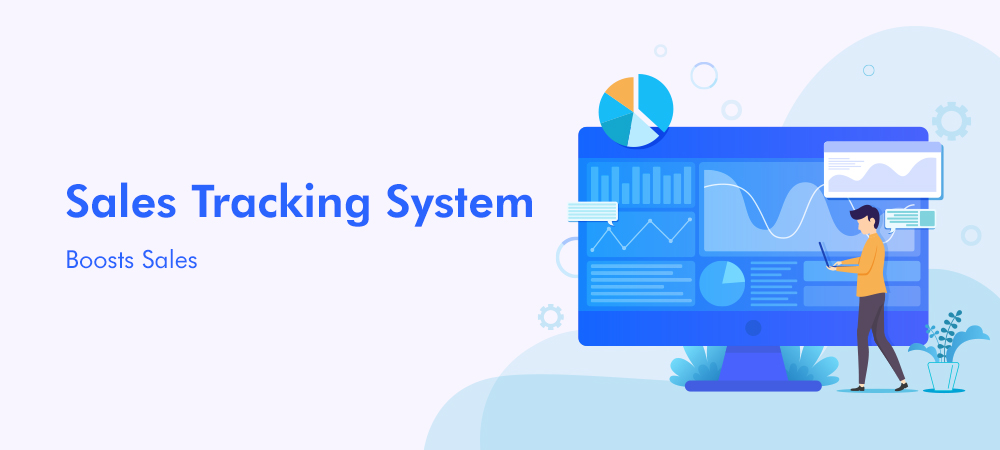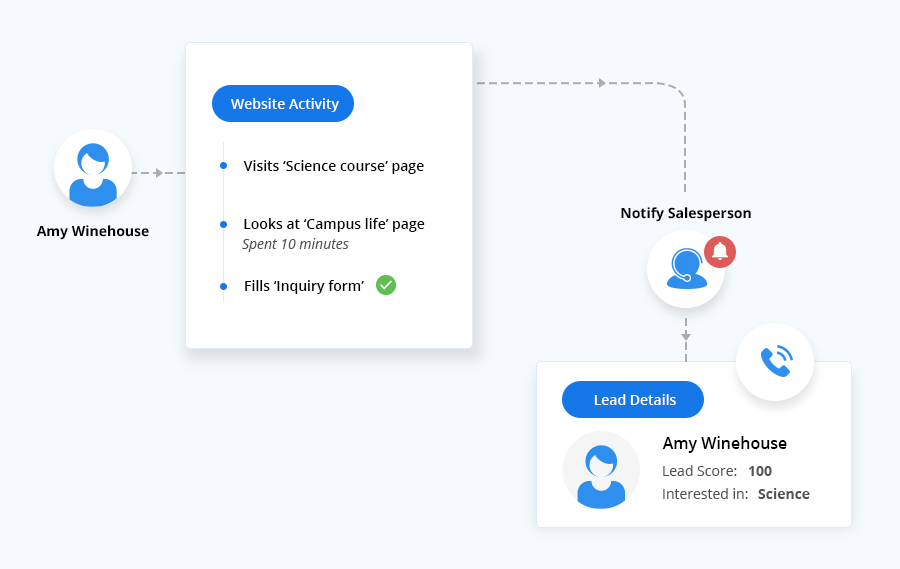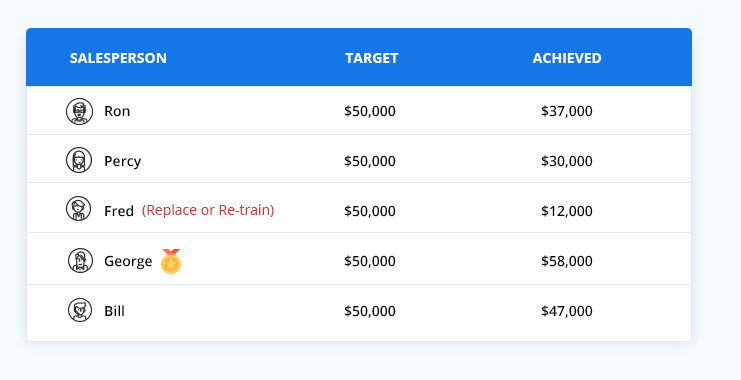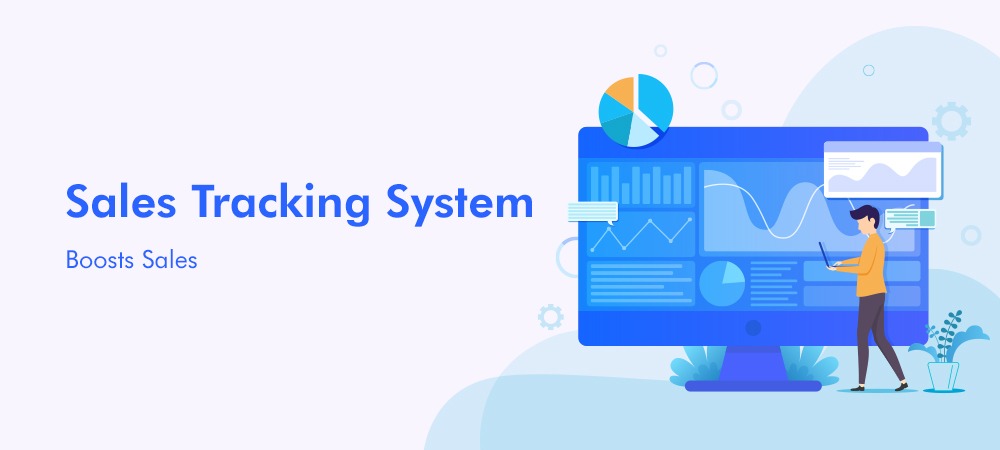What’s the point of a sales tracking system? You might think it is important to sell as much as possible, and not worry about a bigger picture. Surely, if the sales are coming in, then everything will be fine, right?

Well, yes…and no. Here’s why you need to track everything.
What is a Sales Tracking System
When people find that they are overweight, they are recommended to go on a diet. Sometimes they need to track calories and reduce the number of calories that they eat. This can be an effective diet as it gives you the exact figures to look at to follow your progress.
However, it has been shown that simply recording the calories you eat, can help you lose weight. Or, even just writing the names of the foods down, can help. You become aware of what you are eating, and aware of how you behave. You can appreciate where you are at any given point in time.
With sales, the same can be true. In the diet analogy, just recording your food helps you to lose weight. This is because you subconsciously adjust what you do in response to what you write down. Similarly, start by taking note of your sales. And your sales team will subconsciously begin to perform better as they strive to reach their targets.

But this is not the only factor that will help your sales improve. Knowing the state and position of all your potential customers will also increase your sales figures.
Knowing your leads better
As you know, keeping information on your customers will help you to serve them better. When they call you and ask you about a particular situation they are facing, you’ll be able to answer them more fully by referring to your notes. But in addition to this, you can follow up with customers who are ready to buy.
A sales tracking system will show you where every lead is within your sales funnel. You’ll be able to see what contact they have had, what emails, what phone calls, what messages, even what offers they’ve been given.
In fact, based on the previous history, the sales tracking system will be able to identify the customer(s) who are most likely to buy next. And your sales team can focus their efforts on the identified customers to get those sales over the line.
How great would it be to know that the next call you make is likely to end in a sale? Lead scoring is performed automatically, and every lead you have is ranked in order.
Finding the best sales team members
Of course, sales won’t happen without an effective sales team. Identifying the best sales team member can be as simple as seeing who sold the most products or who generated the most revenue over a set period of time.
A sales tracking system allows you to produce reports showing this information, but it can do much more than that. You can split and segment the data by geographic locations, individual products, and a number of other ways.

You can view the sales figures over a longer period of time, comparing current performance to past performance. Additionally, you can even see what happened when you changed the goals for the sales team member or set them a new or different target.
Also, you might find that every sales team member finds it hard to sell a particular product or in a certain location. If this is the case, you can make the choice to change what or where you are selling, or perhaps train the team to get better results.
It is also possible that you do not judge your team members on overall revenue alone. Instead, you can choose to identify the areas you do not want to measure.
But whatever criteria you choose, finding the top and bottom performers will help your business. Identifying the top performer will inspire them to carry on, and others to compete with them. Finding the bottom performer will allow you to evaluate whether you need to replace them, or train them up to meet the standards you expect.
Watching your profit over time with a sales tracking system
In addition to watching the sales figures for your team members, you can track the revenue generated by the company overall. Comparing the figures for this month to the previous month and further back will give you an idea of how your business is performing.
If sales and revenue are consistently growing, you can build a case for expansion by projecting future sales and growth. If you find that revenue is dropping month on month, you know that you need to take action to turn it around.
As was mentioned earlier, some businesses are happy if the sales are just coming in, but if your revenue is decreasing every month there will come a stage where the business becomes unsustainable.
What else can a sales tracking system do?
Simply, it can protect the quality that your business expects. You can track all sales conversations of any type, whether electronic or by telephone. If something is below standard, you can act quickly to resolve the issue and get your sales and marketing back on track.
You can run reports on any data you like, perhaps tracking the correlation between the number of calls the sales team made and the number of sales made overall. You can see how business decisions affect the revenue generated and discover the best way to help your business succeed as you move forward.
Perhaps the most interesting thing a sales tracking system can do is relieve the pressure on your sales team. You can send reports automatically, and schedule calls and other tasks automatically without having to be thought about. You can also identify leads who are ready to buy and put them in front of your sales agents.
While your sales team can’t be replaced by an automated system, automation can lessen their workload and free up time and space for them to make the calls that matter. Closing the sales that they might not even have spotted without such a system will boost their figures, and keep the business thriving day after day.








